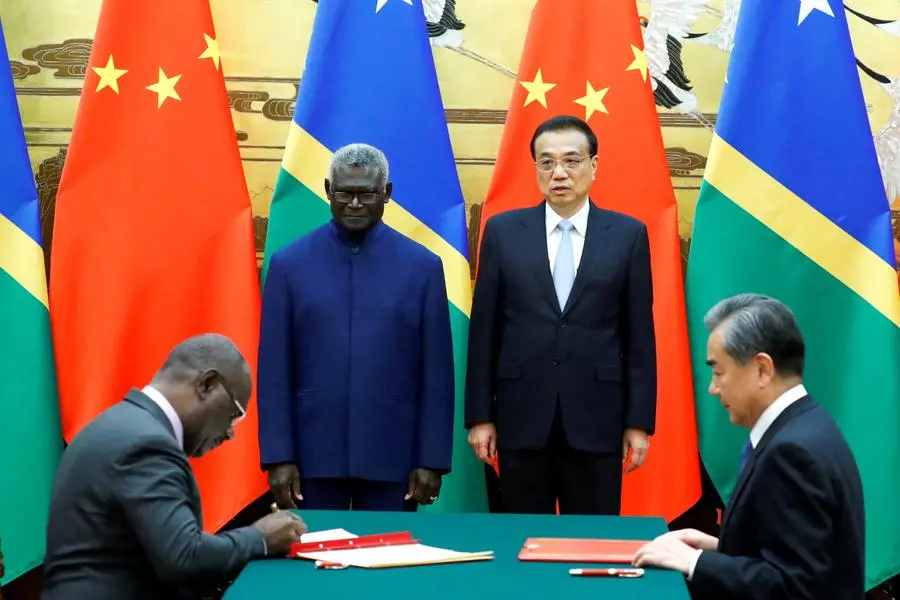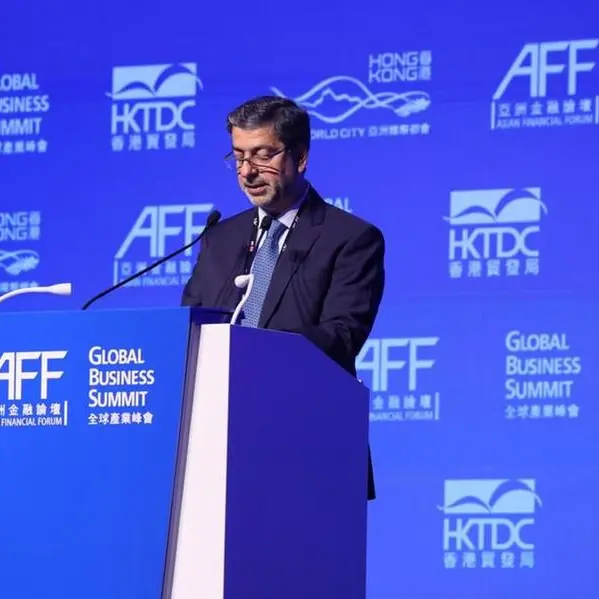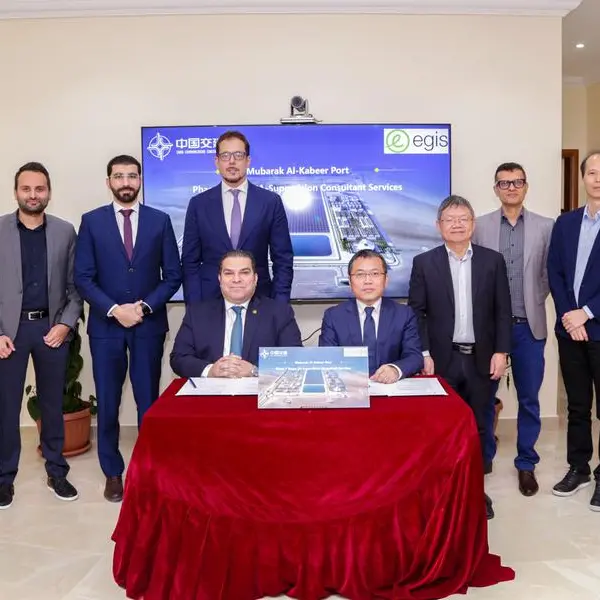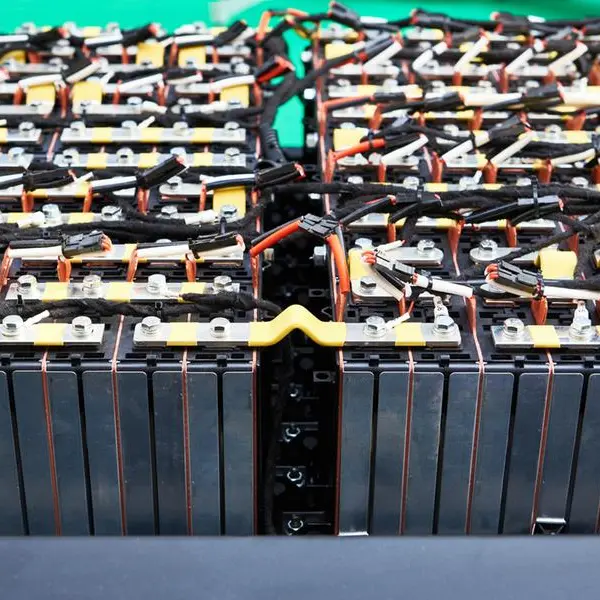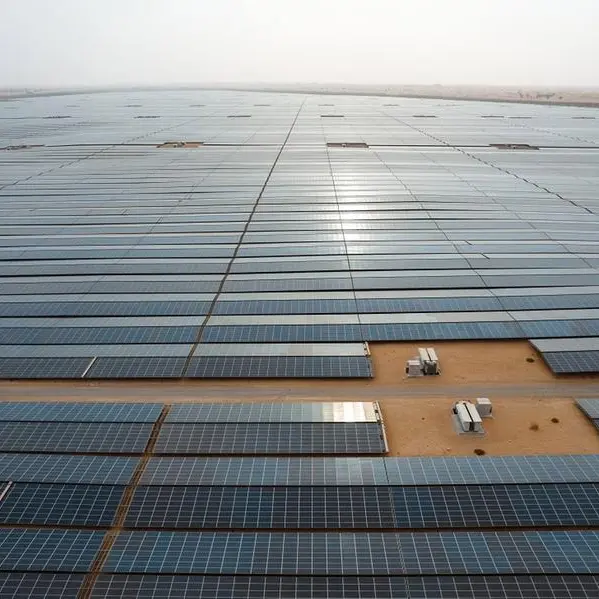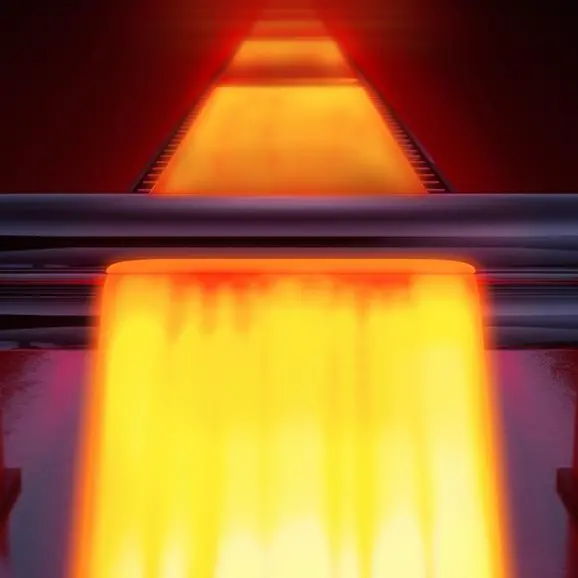PHOTO
SYDNEY - Solomon Islands Prime Minister Manasseh Sogavare arrives in China on Sunday for his first visit since striking a security deal, pledging to "remain neutral" amid rising China-U.S. competition and prioritise his nation's development needs.
Western analysts said Sogavare would be feted after signing the security pact that alarmed Washington and some Pacific Islands neighbours including Australia last year. Concern over China's naval ambitions in the strategically-located region prompted Washington to strike a defence agreement with Papua New Guinea last month.
Sogavare highlighted his focus on infrastructure in a speech to mark the 45th anniversary of independence from Britain on Friday, where he said bigger countries were jostling for influence.
"We want to remain neutral because it is not in the interest of our people and country to take sides and align ourselves with interests that are not our interests. Our national interest is development," he said.
The need for infrastructure on islands outside the capital Honiara was urgent, he added.
Already, Chinese telecoms giant Huawei is building a cellular network financed by a $66 million Chinese EXIM bank loan, prompting concern by a parliamentary committee about the debt burden, and a Chinese state company will redevelop Honiara's port.
On a week-long trip funded by Beijing, Sogavare will open the nation's embassy, meet Chinese companies, and visit Jiangsu and Guangdong, his office said.
"The relationship continues to thrive and expand, a testament of a serious connection," his office said.
China's foreign ministry said China and the Solomon Islands had "contributed to peace, stability and development in the region", and the two countries leaders would discuss international and regional issues.
In a local television interview, Sogavare said the Solomon Islands was dependent on aid from Australia, but was shifting its foreign policy to look for opportunities with China, as well as India and Gulf states.
Sogavare came to power in 2019, switching the nation's diplomatic ties from Taiwan to Beijing.
Honiara will host the Pacific Games in November. China has constructed the stadium, is advising on security, and will train 80 Solomon Islands athletes arriving in China this week.
"The timing is about the Pacific Games, the athletes are being sent over, and showing gratitude... this is the domestic theatre of Chinese foreign policy," said Graeme Smith, a Pacific affairs experts at the Australian National University.
Sogavare will be feted as "this small nation that dares to stand up to the U.S. and to stand up to Australia," he added.
Solomon Islands has one of the closest relationships with China in the region, said Meg Keen, director of the Lowy Institute's Pacific Islands program.
"With the Pacific Games and elections coming up, Sogavare will be seeking resources for national and political advantage," she said.
"It is not a zero-sum game," she added. Sogavare will leverage geopolitical rivalries to also accept aid from the U.S. and Japan.
(Reporting by Kirsty Needham; Editing by Kim Coghill)
